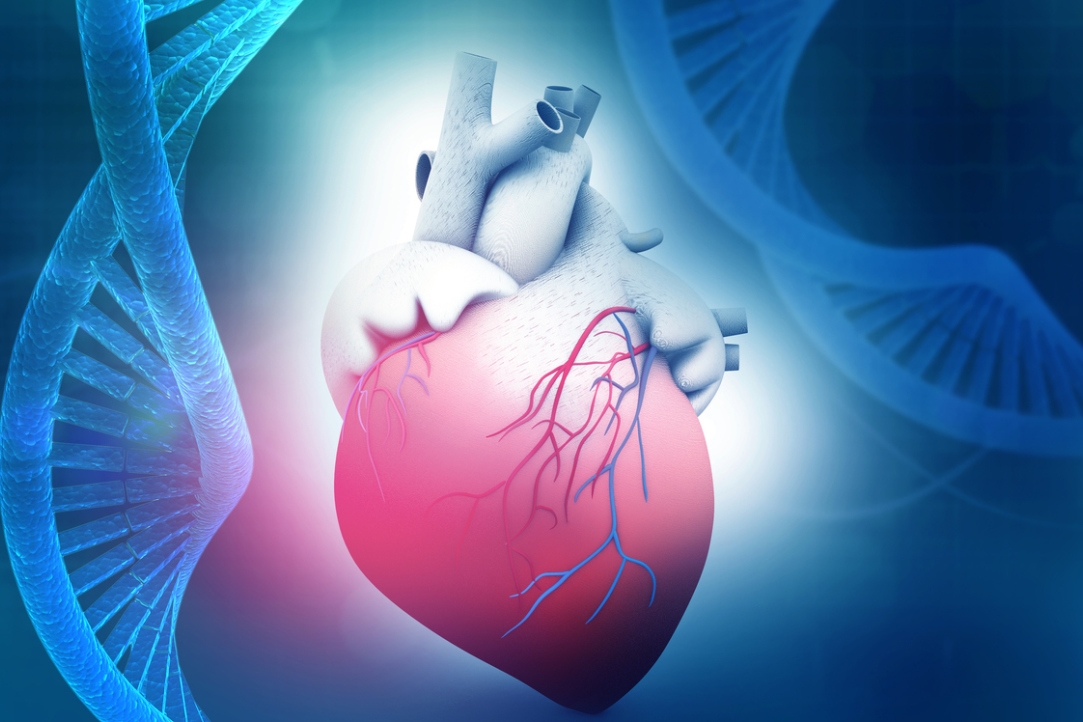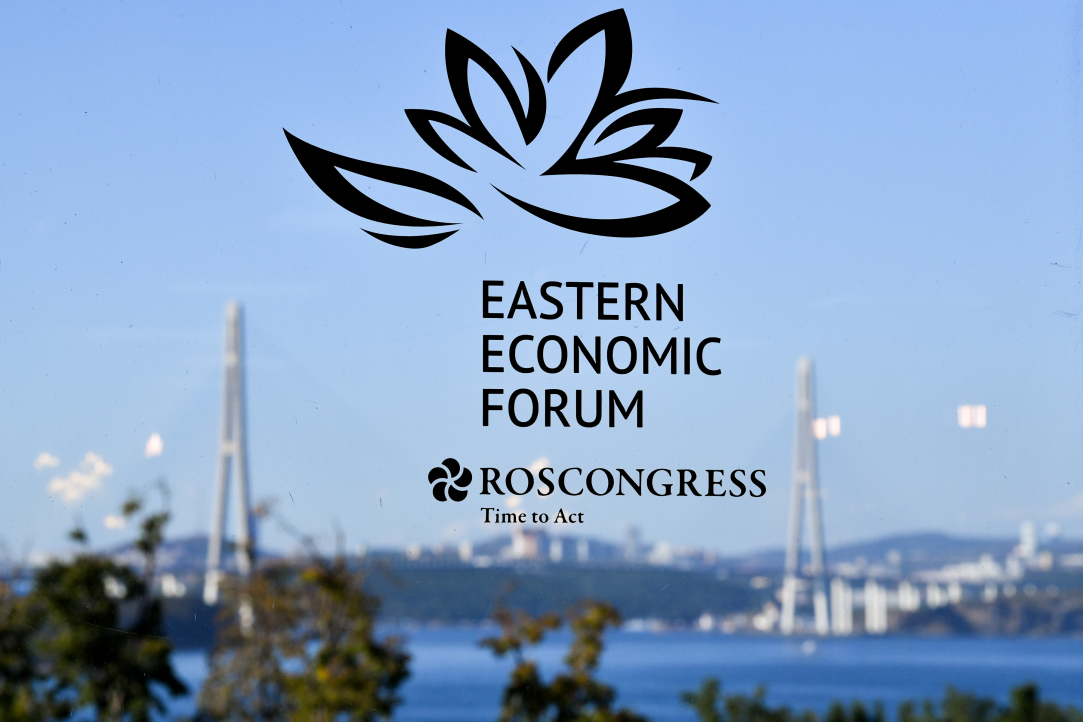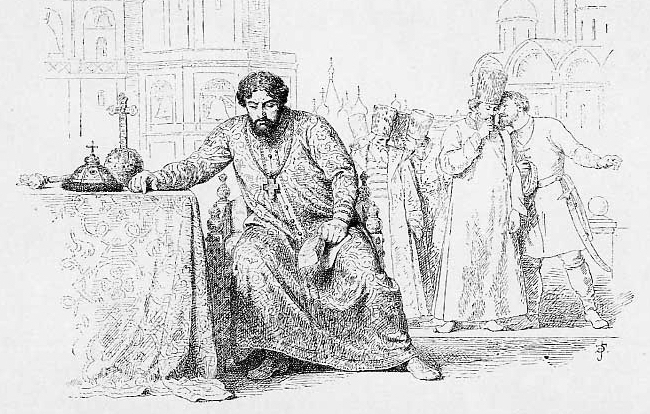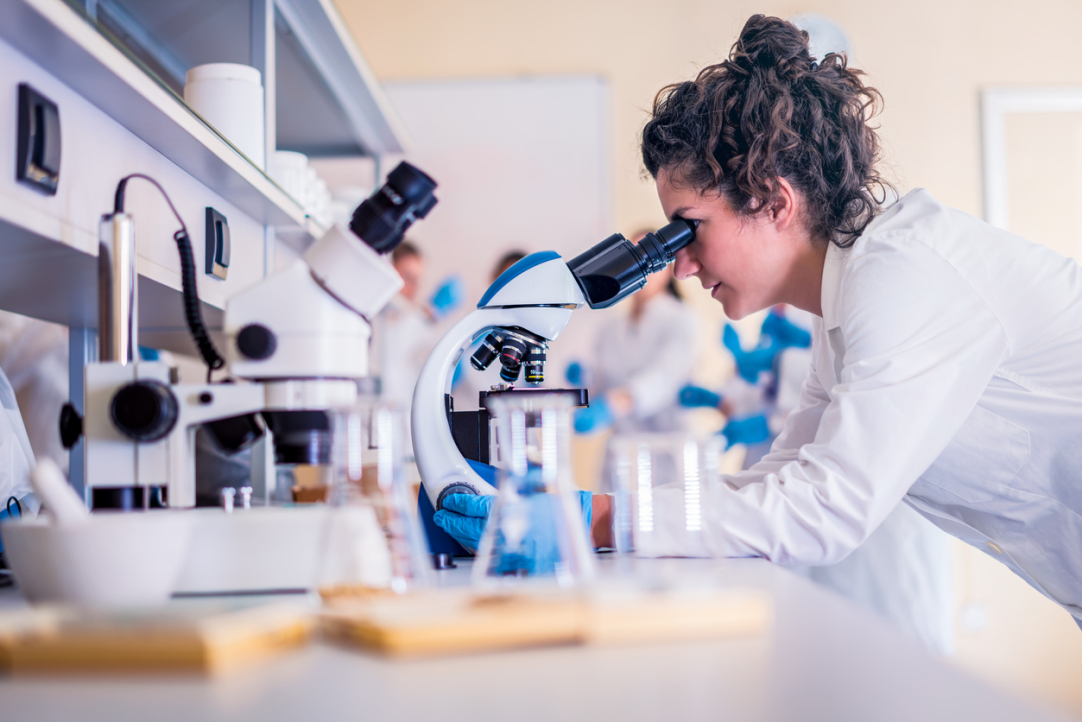
Master’s Degrees Lead to Better Employment Prospects and Higher Salaries
Master’s programmes are gaining popularity in Russia. The number of master’s graduates now stands at 185,000 — more than three times the 2013 figure. In 2020, one fifth of admissions to Russian universities were for master’s programmes.

New Data Gained on Double Perovskite Oxides
The Journal of Alloys and Compounds has published an article coauthored by the Institute of Solid State Chemistry and Mechanochemistry (the Ural Branch of the Russian Academy of Sciences), the Donostia International Physics Centre, and the HSE Tikhonov Moscow Institute of Electronics and Mathematics on the characteristics of cubic double perovskite oxides. To date, experimental measurements of the minerals’ characteristics have not corresponded to the results of theoretical modelling. The work marks the first time that researchers have set themselves the task of explaining this disparity. The data obtained will allow researchers to improve low-temperature fuel cell technologies—one of the main alternatives to current sources of electricity.

Genetics of Cardiovascular Diseases Consortium Opens at HSE University
The Genetics of Cardiovascular Diseases Consortium, the first of this kind in Russia, was unveiled at HSE University at Cardiogenetics and Bioinformatics: 2021 Realities, an interdisciplinary forum. The consortium aims to compile a centralized and complete catalogue of the Russian population’s genomic mutations.

Researchers Confirm Correlation Between Education Expenditure and GDP Growth
HSE University researchers have analyzed the economic performance of almost a hundred countries to understand whether government investment in education pays off. The economists explain what kind of recommendations may be offered to governments—and how they vary based on a country's level of development—in the Voprosy Statistiki journal

HSE Rector: Universities Should Create New Educational and Research Products and Expand Human Capital
How should the universities of the Asia-Pacific region develop in the digital era, what challenges does the Russian labour market face, and what are the prospects of the Far East and Arctic region? These were some of the topics discussed during the first day of the Eastern Economic Forum, which featured the participation of HSE Rector Nikita Anisimov and other HSE University experts.

Student Research Paper Competition 2021 Kicks Off at HSE University
The annual HSE Student Research Paper Competition (SRPC) helps young researchers try their hand in a real academic competition, where leading experts and professionals from HSE University assess their research papers. This year, participation will be open from September 1 to October 15.

HSE Scholars Determine Tsar Boris Godunov’s Exact Date of Birth
HSE University researchers Feodor Uspenskij and Anna Litvina studied the notes of Georg Tectander, a diplomat of the Holy Roman Empire, and discovered the exact date of birth of Tsar Boris Godunov: August 2 (Julian calendar) or August 12 (Gregorian calendar). The scholars then verified and confirmed this date with other 17th-century sources. The results of the study are presented in a paper published in the Studi Slavistici journal (Florence, Italy), and in a follow-up paper to be published by the same journal at the end of the year.

Businesses Benefit from Board Members’ Diverse Experiences
HSE researchers have assessed the influence of board members’ work experience diversity on a company’s economic performance. Who makes a better board member—company veterans or outsiders? Their findings have been published in the Russian Management Journal.

Russian Researchers Obtain New Data on Solar Magnetic Field Asymmetry
Researchers from the Institute of Earthquake Prediction Theory and Mathematical Geophysics (Russian Academy of Science) and HSE University have proven that asymmetry between meridional flows in the northern and southern hemispheres of the Sun depends on the anomalies of the solar magnetic field. Research undertaken by Elena Blanter and Mikhail Snirman reveals new aspects of the importance of solar magnetic field asymmetry for predicting the anomalies of the Sun’s activity. The article has been published in Solar Physics.

HSE University Invites Leading Researchers to Experimental Research Laboratory Competition
HSE University has announced an open project competition to create experimental research laboratories in the natural sciences. The competition is open to research projects in the fields of biophotonics and ageing (biology, physiology, biomedicine, biostatistics, and bioinformatics.)

